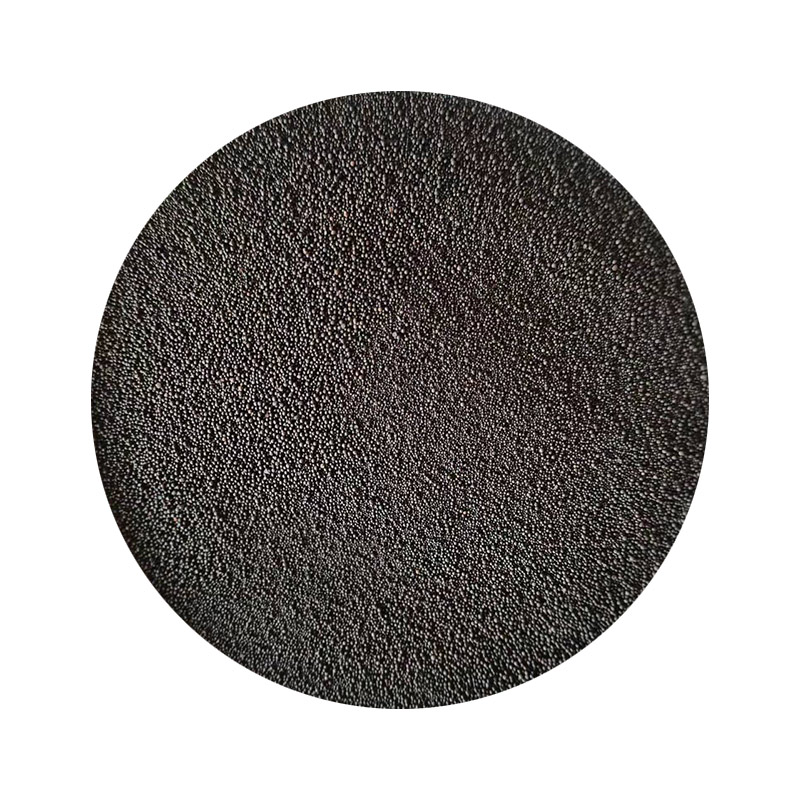The Density of Foundry Sand An Essential Parameter in Metal Casting
Foundry sand plays a critical role in the metal casting industry, serving as the primary material for creating molds and cores that allow for the shape and structure of cast metal parts. One of the key physical properties of foundry sand is its density, which significantly influences the casting process and the quality of the finished product.
Density, defined as mass per unit volume, is a crucial characteristic of foundry sand that affects its performance during various stages of metal casting. The density of foundry sand typically varies based on its composition and the processing techniques it undergoes. Common types of foundry sand include silica sand, olivine sand, and clay-bonded sands. For instance, silica sand has a relatively high density, often ranging between 2.5 to 2.7 g/cm³, making it suitable for high-temperature applications.
The density of foundry sand not only impacts the mold's strength but also its ability to retain shape under the weight of the molten metal. Higher density sands generally provide better dimensional stability to molds, reducing the potential for defects in the final casting, such as warping or distortion. Moreover, variations in density can influence the permeability of the sand, affecting gas release during the casting process. Inadequate permeability can lead to defects such as blowholes, which are undesirable in high-quality castings.
density of foundry sand

The control of sand density is also important in achieving optimal flow characteristics during the pouring of molten metal. A properly formulated sand mix with the right density ensures that the molten metal fills the mold evenly and accurately, preventing air entrapment and ensuring a smooth surface finish. This is particularly significant in precision casting applications, where even minute variations can lead to significant performance issues in the final product.
Furthermore, the density of foundry sand can influence the cooling rate of the cast. Denser sands tend to hold heat longer, which can be beneficial in certain casting processes where controlled cooling is required to minimize thermal stress and distortions.
In conclusion, the density of foundry sand is a fundamental property that directly affects the efficiency and quality of the casting process. Foundry professionals must carefully select and control the density of the sand used to optimize the production of high-quality metal castings. By understanding and manipulating this parameter, manufacturers can enhance the performance and durability of the final products, ultimately driving success in the competitive landscape of metal casting.
Post time:Set . 05, 2024 04:31
Next:Sand Resin Mixture
